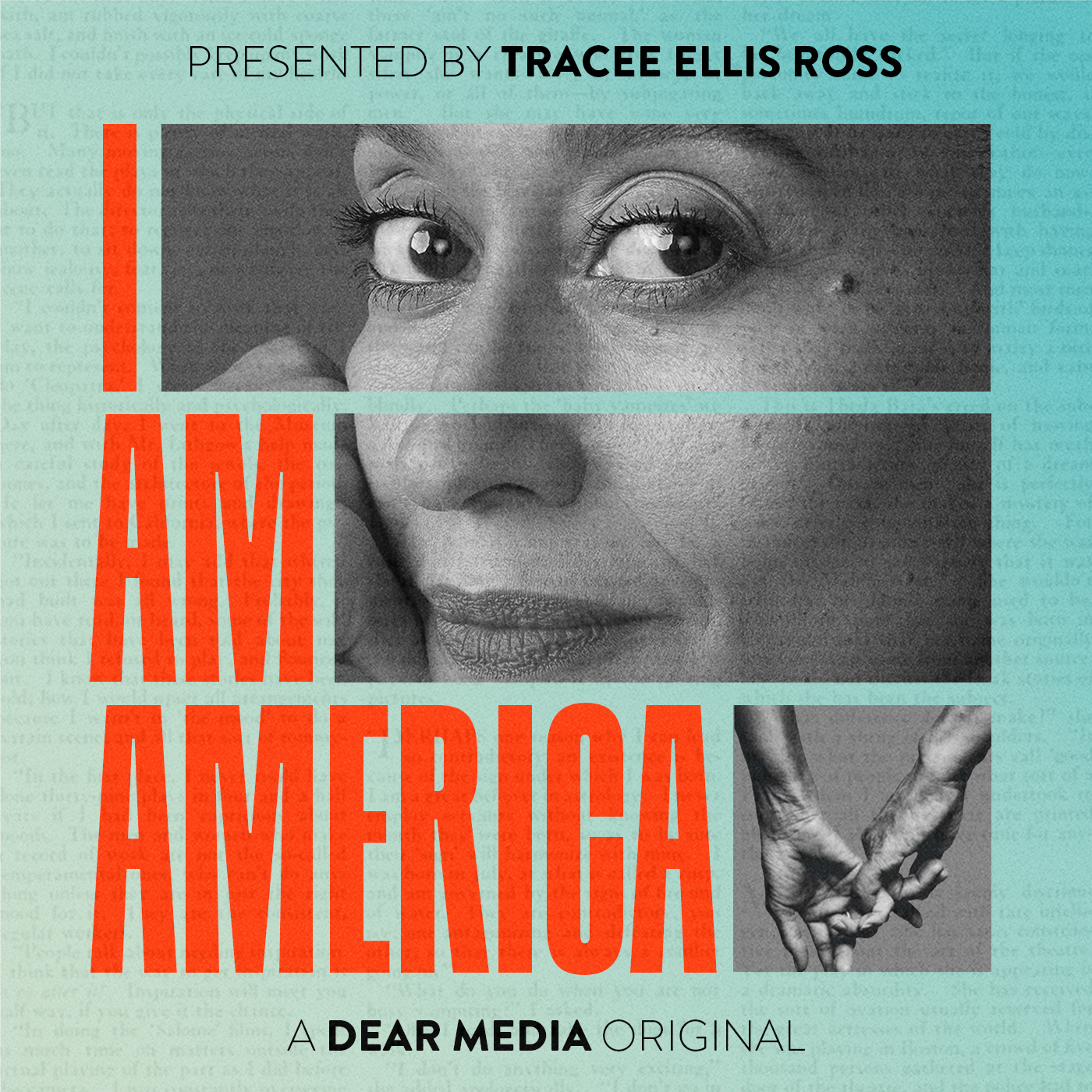What makes the United States the country it is? So many aspects might come to mind but something crucial about America’s identity is the diversity of its people. In the new podcast “I Am America,” award-winning actress Tracee Ellis Ross explores the stories of Americans from diverse backgrounds to paint a profile of life in this country.
“It took something really special for me to jump into the podcast world, and this is it. Inspired by people I like to call ‘hidden angels,’ these people are true inspirations—people who affect their communities with kindness and humanity,” Ellis Ross wrote on Instagram.
Over 10 episodes, Ellis Ross follows the stories of people of color, aiming to highlight the often untold American narratives. “I love that at its roots, ‘I Am America’ is about identity and belonging. This was intentional. We live in a society that loves to put people in boxes and I think it’s important to discuss our humanity and connectivity outside of boxes. I want to live in a world where we all feel connected to each other and seen by each other,” Ross told Forbes.
The podcast lineup includes Mexican-born activist Conchita Hernandez Legorreta, who shares her experience growing up blind in California. “People believe disability is something bad, and so they’re like, oh, the word blind may be bad. So they use really interesting vocabulary such as like, uh, you know, differently-abled is one that gets used a lot that nobody likes,” Hernandez said in the podcast.
According to the National Federation of the Blind, there are multiple ways to define blindness – from partial to no vision – which makes it complicated to get precise numbers about the blind community in the US. Based on the 2016 American Community Survey results, more than 7 million people over the age of 16 reported a visual disability–which includes over 1 million people of Hispanic origin.
In the episode, Hernandez explores her intersectional identity as an undocumented Latina immigrant with a disability, maneuvering a system that wasn’t designed with people like her in mind. The Individuals with Disabilities Education Act, or IDEA for short, passed in the late 70s to ensure that students with disabilities would get appropriate accommodations so that they can participate in the school system in the best way possible. However, due to language barriers, Hernandez ended up acting as translator for her Spanish-speaking parents at parent-teacher conferences. As a result, she made many unfavorable decisions for her special needs. After all, she was just a child who didn’t consider herself blind, just someone with low vision.
It wasn’t until she reached college that she met a blind professor who introduced her to the National Federation for the Blind and eventually she signed up for a residential program designed for blind people to learn skills to navigate life independently. Experiences like this one inspired her to create training programs for people of color–specially the Latino and undocumented blind communities–taking into consideration the nuances that come with being people of color with disabilities.
“I think being blind and using the word blind isn’t just kind of a characteristic, but rather it’s also an identity,” Hernandez said. “And so, yes, it’s, it’s recognizing that I don’t see, but it’s also recognizing that, that I’m part of a bigger community of people and culture and history that kind of all goes in together.”
Listen to Conchita Hernandez Legorreta’s episode and the rest of “I Am America” wherever you listen to podcasts.
Alejandra Arevalo is a Peruvian multimedia journalist based in New York covering the music industry at Chartmetric.









